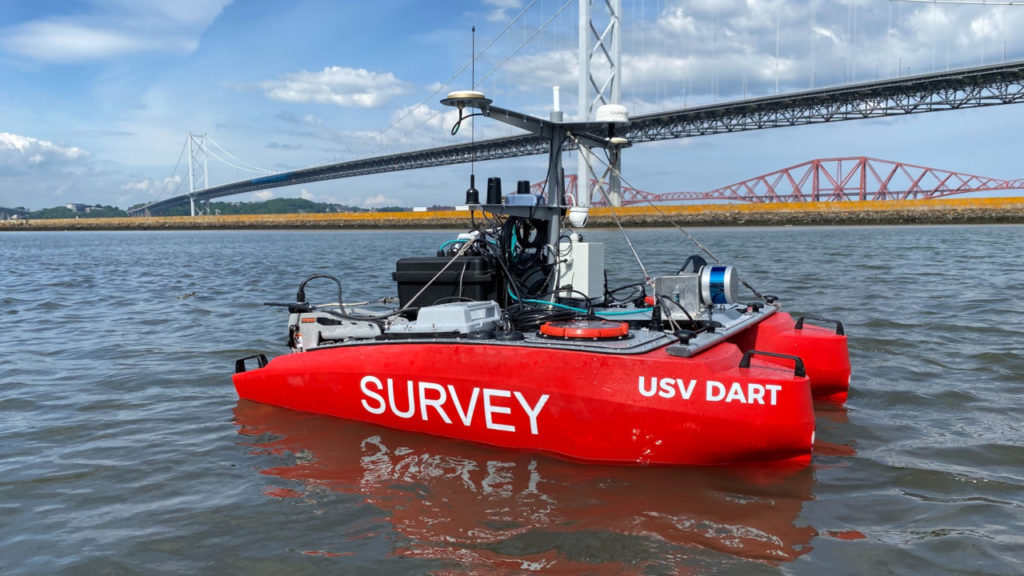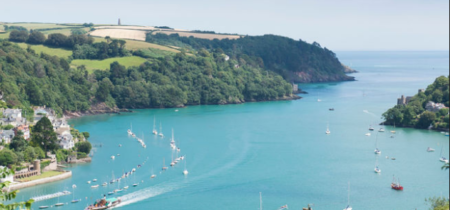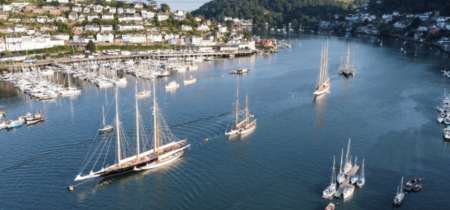LNMT 23-25 Uncrewed Vessel Operations & Water Quality Data Collection – September 2025
All Mariners are advised:
Uncrewed vessel operations will take place on the River Dart between 8 and 26 September 2025, during daylight hours only.
South Devon College’s REAV-16 vessel, USV Dart, will operate from its trot mooring near Premier Marina, following a daily survey circuit. The route will run upriver to Vipers Quay along one side of the estuary, cross over, and return downriver to Sand Quay before completing the loop.
A manned support vessel, John B, will accompany the USV throughout all operations. John B is equipped to assume remote control of, or recover, the USV if required.
During these operations, Masters are requested to:
-
Keep clear of the uncrewed vessel’s survey track.
-
Follow any instructions issued by the crew of John B.
In addition to survey operations, USV Dart will undertake extended endurance trials to test a wireless recharging dock on a mooring. While underway, the vessel will also collect high-resolution water quality data in support of the Smart Ports, Clean Waters initiative, an Innovate UK-funded project operating in Dartmouth since 2024.
This final survey phase will provide 24-hour coverage and enhanced spatial detail, concluding 12 months of continuous water quality monitoring on the Dart.

Issued 2nd September 2025
Jack Handley
Assistant Harbour Master – Compliance.
Below are some words from HydroSurv.
What is being measured?
HydroSurv’s USVs will be equipped with advanced scientific sensors from Chelsea Technologies to monitor:
- Chlorophyll-a – a proxy for phytoplankton levels and early warning of harmful algal blooms
- Turbidity – an indicator of sediment and particulate pollution
- Polycyclic Aromatic Hydrocarbons (PAH) – to detect hydrocarbon contamination
- Tryptophan-like Fluorescence (TLF) and Fluorescent Dissolved Organic Matter (fDOM) – indicators of untreated sewage or organic pollution
Why this matters
By combining autonomous endurance testing with continuous environmental sensing, these operations represent a high-value, low-impact use of marine robotics.
They also contribute to a broader effort to:
- Reduce emissions, disturbance, and operational costs
- Record real-time water quality data to inform future public facing models
- Expand training and employment opportunities through South Devon College’s REMBRANDT ship simulator and new Remote Operations Centre
For more information, visit:
www.hydro-surv.com

